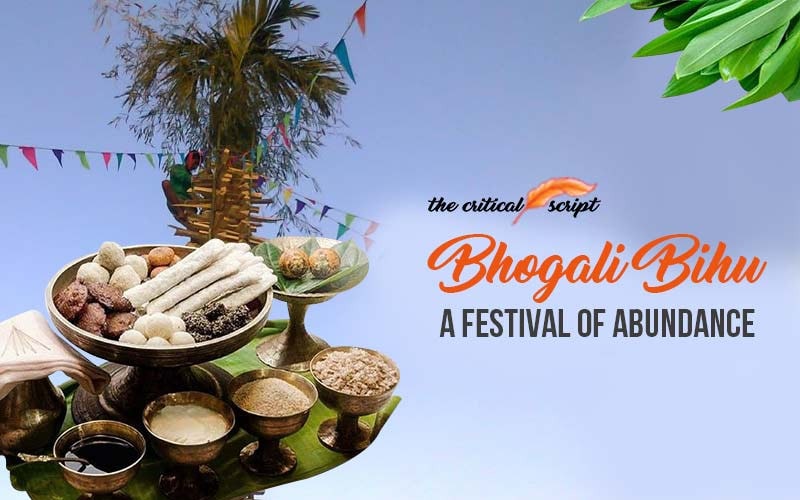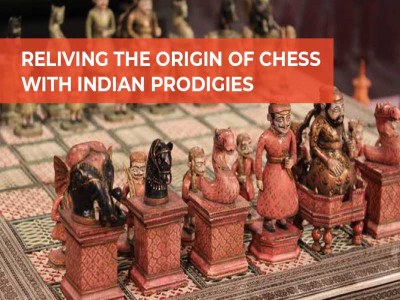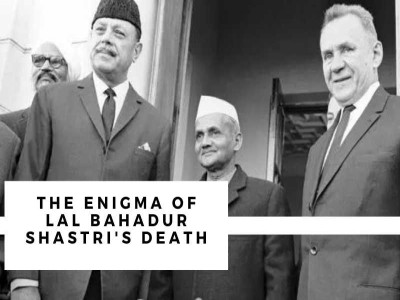
Bhogali Bihu: A Festival of Abundance
Magh Bihu, also known as Bhogali Bihu, is a
traditional festival celebrated in the Indian state of Assam. It is a harvest
festival and is typically celebrated during the winter season after the
harvesting is over. The festival is marked by the burning of a large bonfire,
called the “Meji”.
Magh Bihu or Bhogali Bihu is a celebration of bountiful nature and abundance. It is also an occasion for the people of Assam to enjoy and share the gifts of nature as a community, and to strengthen a sense of identity and belonging. During Magh Bihu, people prepare and eat traditional foods, such as pitha (a type of sweet or savory cake), laru (a type of sweet), and other delicacies. People also participate in various cultural activities, such as dancing and singing, and traditional sports such as buffalo fighting, cock fighting, etc. Magh Bihu is an important cultural event for the people of Assam and is a time for celebration, renewal, and coming together with friends and family.
On the night of Uruka (the day before Magh Bihu), the people feast together in a Bhelaghor, a temporary structure created out of bamboo, wood, hay, etc. Another structure built for Magh Bihu is the Meji: a tower prepared out of bamboo, wood, and hay. Another age-old tradition observed on the day of Uruka is- community fishing, in which the people of a village fish together in a river or a community pond. The fresh catch goes towards the preparation of various delicacies for the Uruka feast. A unique and fun-filled tradition of Magh Bihu is that of stealing, mostly practiced by youths of the village. Items of theft may include hay, bamboo, and vegetables for the feast. However, such acts of mischief are generally overlooked as everyone is in a generous and festive mood. After the feast, the night is spent reminiscing and sharing stories in front of bonfires.
On the next day, people brave the chills of the freezing winter morning to witness the burning of the Meji. Offers rice, pulses, ghee, and pithas (snacks) to the sun god. The burning of the Meji symbolizes the triumph of light over darkness and life over death. As the flames engulf the Meji, the people chant: “Pooh gol Magh hol, amar meji joli gol”
Certain ethnic communities of Assam such as the Sonowal Kacharis, Dimasas, and Rabhas associate the burning of the Meji with ancestor worship.
Magh Bihu has some similarities with other festivals celebrated in different parts of India.
One such festival is Makar Sankranti, which is celebrated in several states in India, including Gujarat, Maharashtra, and Karnataka. Like Magh Bihu, Makar Sankranti is a harvest festival and is celebrated in the month of January. It is marked by the burning of a bonfire, similar to the Meji of Magh Bihu, and the exchange of sweets and gifts.
Another festival that has some similarities with Magh Bihu is Pongal, which is celebrated in the Indian state of Tamil Nadu. Pongal is also a harvest festival and is marked by the preparation of traditional foods, such as Pongal (a type of rice dish) and Venn Pongal (a type of savory rice dish), and the offering of prayers and thanksgiving to the gods and goddesses.
There are many other festivals in India that have similarities with Magh Bihu, such as Lohri in Punjab. These festivals are all celebrations of the harvest season and are marked by traditional customs, such as the burning of a bonfire, the preparation of traditional foods, and the participation in cultural activities.
Disclaimer: The opinions expressed in this article are those of the author's. They do not purport to reflect the opinions or views of The Critical Script or its editor.

Newsletter!!!
Subscribe to our weekly Newsletter and stay tuned.

















Related Comments